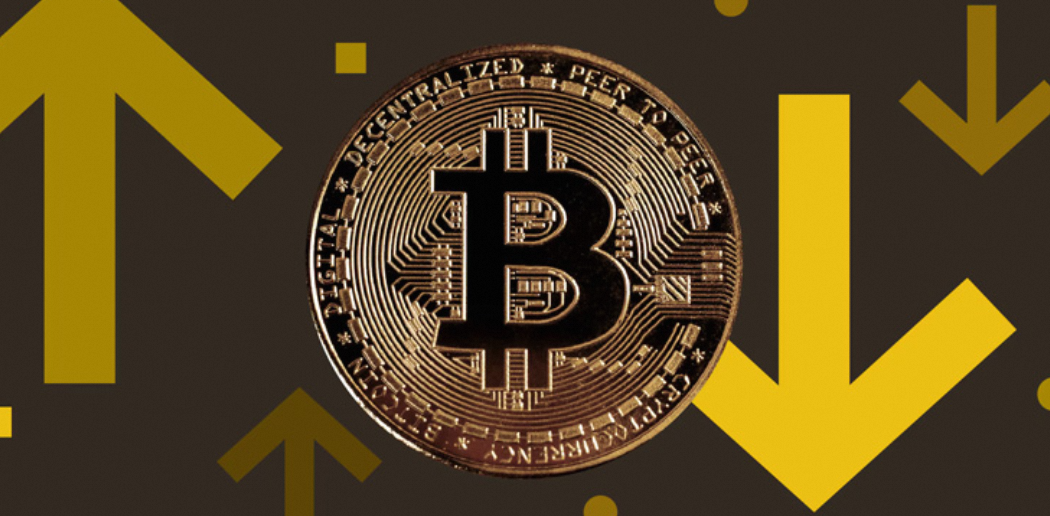Introduction
In a bold move reflecting the global cryptocurrency wave, Pakistan’s government is reportedly drafting a Bitcoin mining framework while accelerating efforts to regulate digital assets. This dual approach—harnessing blockchain technology’s economic potential while mitigating risks—signals Pakistan’s cautious entry into the crypto arena. As nations worldwide grapple with decentralized finance, Pakistan’s strategy could redefine its economic trajectory, but not without significant challenges.
Bitcoin Mining: A Primer
Bitcoin mining involves solving complex mathematical puzzles to validate transactions on the blockchain, rewarding miners with new Bitcoin. This energy-intensive process requires advanced hardware and substantial electricity, often drawing criticism for its environmental impact. For Pakistan, a country with frequent power shortages, mining presents both opportunity and dilemma.
Why Bitcoin Mining? Economic Incentives
- Revenue Generation: Mining could bolster foreign reserves through Bitcoin sales, crucial for a nation grappling with a trade deficit and currency depreciation.
- Job Creation: Establishing mining farms could spur tech-sector employment, from engineers to data analysts, aligning with youth-driven demographic demands.
- Foreign Investment: Clear regulations might attract crypto firms, mirroring Kazakhstan’s mining boom after favorable policies.
Regulatory Push: From Shadows to Structure
Pakistan’s interest in regulation follows global trends. In 2021, the State Bank of Pakistan (SBP) banned cryptocurrencies, citing risks like money laundering. However, peer-to-peer trading surged, with Chainalysis ranking Pakistan third in crypto adoption in 2023. The government’s pivot—from prohibition to regulation—aims to:
- Combat Illicit Activities: Implementing KYC/AML protocols to prevent fraud and terrorism financing.
- Protect Investors: Establishing guidelines for exchanges and wallets to safeguard users.
- Taxation: Capturing revenue from crypto transactions, estimated to be worth billions annually.
The Mining Blueprint: Opportunities and Hurdles
Pakistan’s provisional mining strategy includes:
- Energy Partnerships: Leveraging underutilized power sources, such as hydroelectric plants in Gilgit-Baltistan, to fuel mining operations sustainably.
- Special Economic Zones (SEZs): Offering tax breaks for mining setups in zones like Gwadar to attract foreign capital.
- Public-Private Collaboration: Partnering with tech firms to build infrastructure and expertise.
However, challenges loom:
- Energy Crisis: With daily power outages and 60% of electricity generated from fossil fuels, scaling mining sustainably is daunting.
- Technical Expertise: A shortage of skilled blockchain professionals could delay implementation.
- Political Volatility: Shifting policies risk deterring long-term investors.
Global Context: Lessons from Peers
Countries like Iran and El Salvador offer cautionary tales. Iran legalized mining in 2019 but faced blackouts, leading to periodic bans. El Salvador’s Bitcoin adoption sparked IMF concerns over financial stability. Conversely, Iceland and Canada thrive by using renewable energy for mining. Pakistan’s success hinges on balancing energy innovation with regulatory clarity.
Public and Expert Reactions
- Proponents: Tech entrepreneurs like Umar Saif, former Punjab IT Minister, laud the move: “Blockchain can revolutionize remittances, which hit $29 billion in 2023.”
- Skeptics: Energy experts warn of strain on grids. “Mining could deepen the energy deficit without massive renewables investment,” says analyst Aisha Khan.
- Public Sentiment: Mixed reactions; young investors welcome economic opportunities, while others fear inflation from crypto volatility.
The Road Ahead: Prudent Steps
- Pilot Projects: Test mining in energy-rich regions using surplus hydropower.
- Legislative Framework: Fast-track the “Digital Pakistan Policy” to outline mining and trading rules.
- Renewable Integration: Incentivize solar/wind-powered mining to align with climate goals.
Conclusion: A High-Stakes Digital Frontier
Pakistan’s crypto journey mirrors its broader economic crossroads. Embracing Bitcoin mining could unlock tech-driven growth, but without robust regulations and energy solutions, risks abound. As the government navigates this complex terrain, collaboration with global experts and transparent policymaking will be pivotal. In the race to harness blockchain’s potential, Pakistan’s challenge is clear: innovate responsibly, or face costly setbacks.
